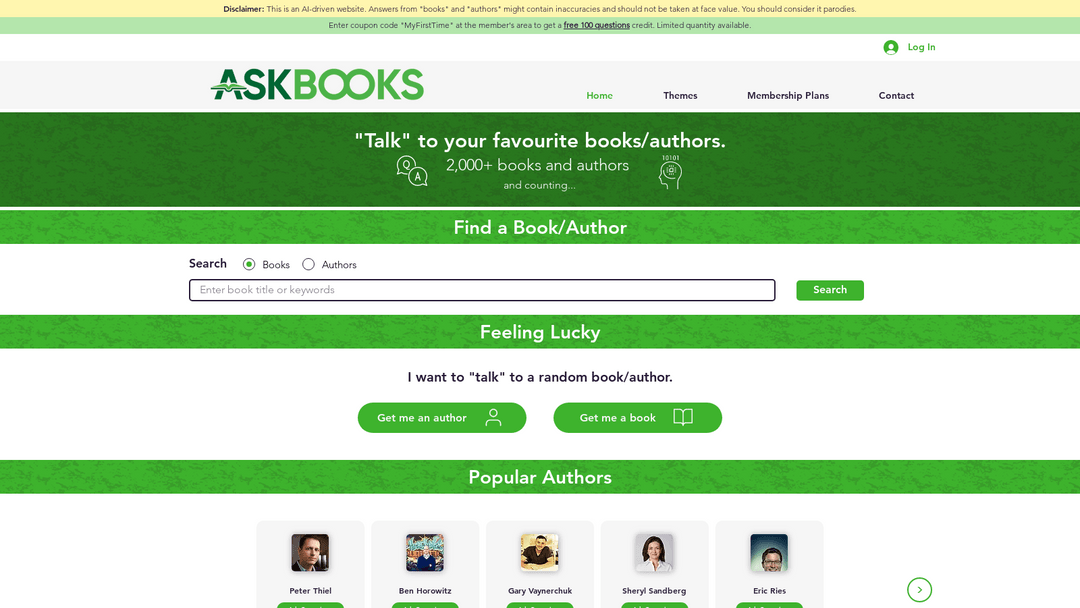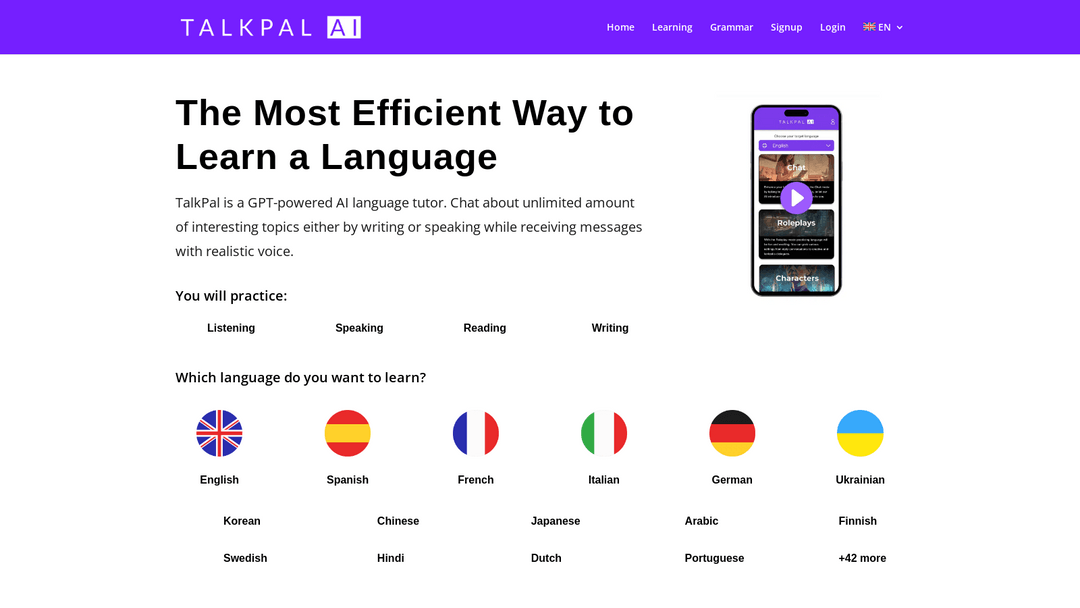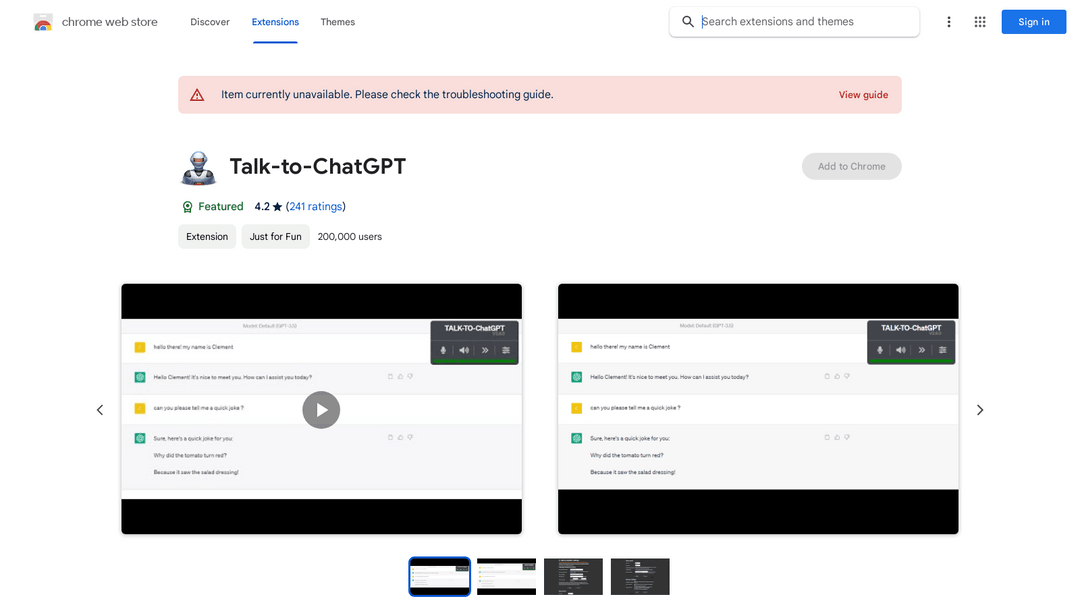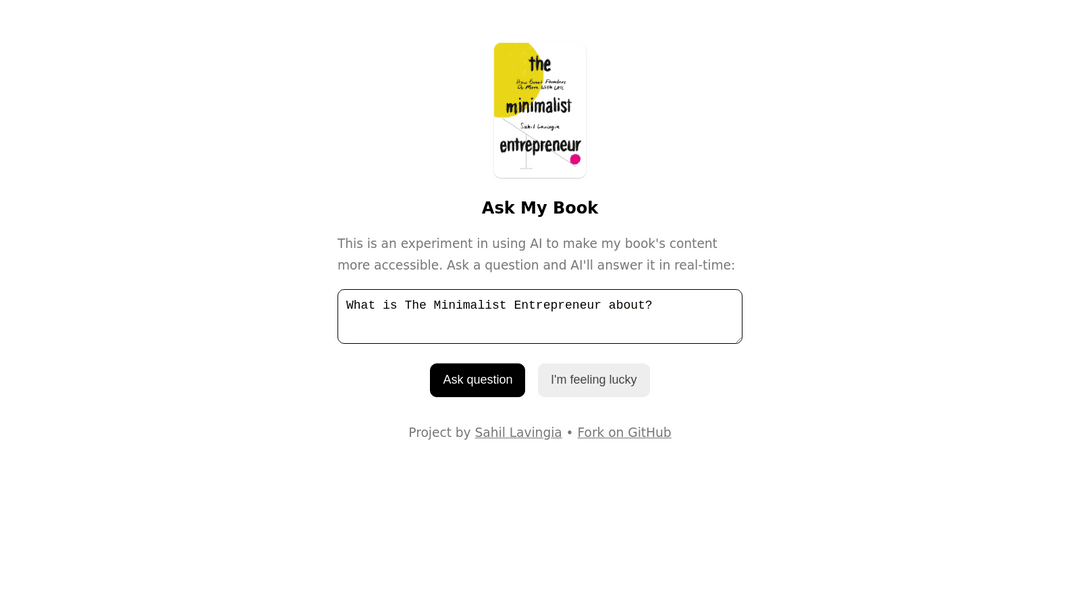Revolutionizing Book Interactions with AI: The Legacy of Talk to Books
Talk to Books was an innovative tool that transformed the way we interact with literature, leveraging advanced neural language models for an immersive conversational experience with books. Now succeeded by Bard, this technology continues to influence Google's array of services.
Features
- Conversational AI: Facilitated engaging interactions with literature through a cutting-edge neural language model.
- Semantic Matching: Utilized semantic retrieval models to precisely match user queries with relevant book passages.
- Cross-Product Integration: The experiment's success led to its AI advancements being incorporated into Google products like Shopping and Maps.
Use Cases:
- Literary Exploration: Readers could delve into books in a conversational manner, discovering content in a new, dynamic way.
- Voice-Activated Searches: Allowed for voice search capabilities across multiple Google services, enhancing user experience with a personal touch.
- Educational Applications: Served as a valuable tool for learning and research, providing quick access to a wealth of knowledge.
While Talk to Books has reached the end of its journey, its pioneering AI technology embarks on a new chapter with Bard and continues to redefine our interaction with information and literature.


Talk To Books Alternatives:

2. BookAI.chat
BookAI lets users interactively chat with their favorite books using AI technology.

3. Talk to AI
Enables GPT technology integration for quicker, enhanced iPhone and Mac interactions.


7. TalkPal
AI-powered language learning through interactive, multilingual conversation practice.

8. TalkBerry Plugin
Voice-control ChatGPT extension for multilingual interaction and learning.




